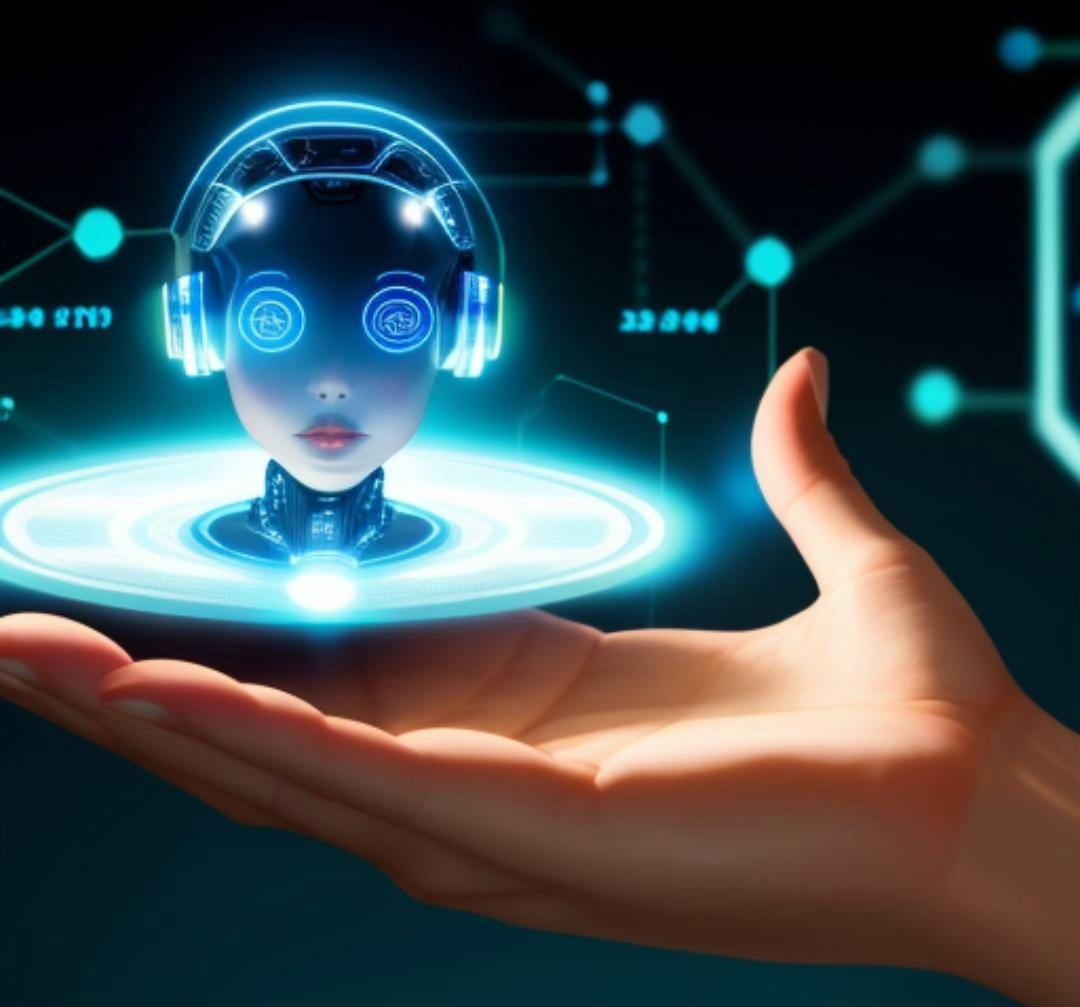Artificial Intelligence (AI) has emerged as a powerful force that holds immense potential to shape the future of society. Its impact can be witnessed in various domains, from healthcare and education to transportation and employment. However, as we embrace the possibilities offered by AI, we must also navigate the ethical considerations it presents. In this blog post, we will delve into the profound impact of AI on future society, examine the ethical dimensions of its development and explore the opportunities and challenges that lie ahead. By understanding these aspects, we can actively engage in responsible AI development and ensure a positive future for all. 🤝💡
The Transformative Impact of AI on Future Society
AI has the potential to revolutionize healthcare by enabling accurate diagnoses, personalized treatments and improved patient outcomes. From early disease detection to robotic-assisted surgeries, AI empowers medical professionals and enhances patient care. Similarly, in education, AI-powered tools offer personalized learning experiences, adaptive curriculum and intelligent tutoring systems that cater to individual students' needs, thereby transforming the way knowledge is acquired and imparted. 🏥📚
Transportation is another domain where AI is reshaping society. Self-driving cars and intelligent traffic management systems hold the promise of reducing accidents, congestion and carbon emissions. Additionally, AI is revolutionizing employment, creating new job roles and enhancing productivity by automating repetitive tasks, allowing humans to focus on more creative and strategic endeavors. 🚗🚀
Ethical Considerations in AI Development
As AI rapidly advances, it is crucial to address ethical considerations to ensure the technology is developed and deployed responsibly. Privacy concerns arise due to the vast amounts of data collected and analyzed by AI systems. Safeguarding personal information and maintaining transparency in data usage is paramount. 🔒🔍
Another ethical challenge is the potential bias present in AI algorithms. If not properly addressed, AI systems can inadvertently perpetuate existing biases and inequalities. It is essential to actively mitigate bias by promoting diversity in AI development teams and implementing thorough algorithmic auditing processes. 🤝🚫🎭
Furthermore, algorithmic accountability is crucial to foster trust in AI systems. Users should have access to explanations of how decisions are made and be able to contest the outcomes when necessary. Establishing standards for transparency and accountability is key to building ethical and trustworthy AI systems. ⚖️🔬
Opportunities and Benefits in an AI-Powered World
The advent of AI brings forth numerous opportunities and benefits for society. By leveraging AI technologies, businesses can improve efficiency, reduce costs and enhance customer experiences. Personalization becomes a reality as AI systems learn from individual preferences, enabling tailored recommendations and services. 📈🎯
In addition, the rise of AI creates a demand for new skill sets and job roles. While some fear job displacement, AI has the potential to augment human capabilities rather than replace them entirely. With the right education and reskilling efforts, individuals can adapt to the changing landscape and embrace new employment opportunities. 🧠💼
Challenges and Potential Risks of AI
While the benefits of AI are substantial, it is essential to acknowledge the challenges and potential risks associated with its widespread adoption. Job displacement is a concern as certain tasks become automated. However, historical evidence suggests that new industries and job roles can emerge as a result of technological advancements. 🤖🛠️
Ethical dilemmas also arise as AI systems make decisions that impact individuals and communities. Questions of accountability and responsibility must be addressed, ensuring that AI aligns with human values and respects fundamental rights. 🤔📚
Security is another critical consideration. AI systems can be vulnerable to attacks and the potential consequences can be far-reaching. Safeguarding AI infrastructure and data from malicious intent is crucial to avoid harmful repercussions. 🔒🔐
Guidelines for Responsible AI Development
To harness the benefits of AI while mitigating risks, responsible AI development is imperative. Here are some suggested measures and guidelines:
Promote diversity and inclusion in AI development teams to reduce bias and ensure fairness. 🌈🌍
Establish robust data protection measures and prioritize user privacy. 🔒👤
Conduct regular audits and evaluations of AI systems to address biases and improve transparency. 📊🔍
Encourage interdisciplinary collaboration between AI experts, ethicists, policymakers, and other stakeholders to foster responsible development and deployment. 🤝🌐
Educate and upskill individuals to adapt to an AI-powered world, ensuring a smooth transition and reducing inequalities. 🎓📈
Artificial Intelligence holds immense potential to shape a positive future for society. By understanding the impact of AI on different aspects of society, recognizing ethical considerations and actively engaging in responsible development, we can navigate the challenges and seize the opportunities offered by this transformative technology. Let us embrace AI with a proactive mindset, shaping a future where human values, fairness and progress coexist harmoniously. 🌍🚀

